Daily Current Affairs | March 3 2025 |
Important Topics from March 3 Current Affairs 1) 10,000 FPO Scheme 2) Anti-Obesity Campaign 3) Swavlambini Scheme 4) Dramatic Performances Act 1876 5) Shendurney Wildlife Sanctuary, Kerala
Jumbo IAS
3/3/20255 min read
1) 10,000 FPO Scheme
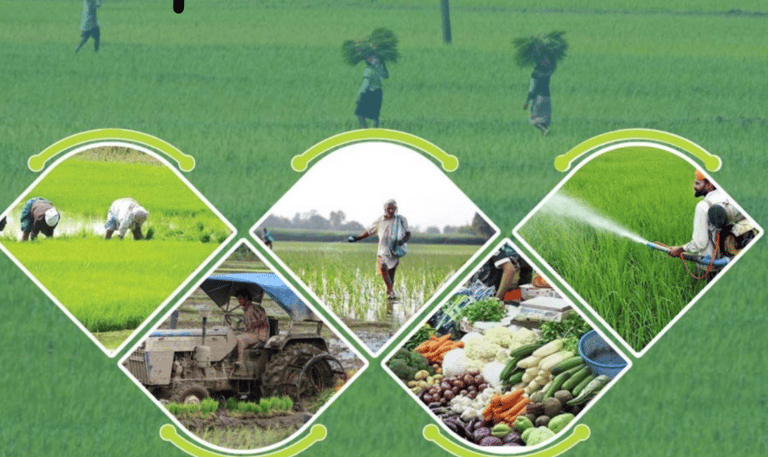

What is in the News
The Government of India has successfully achieved the target of forming 10,000 Farmer Producer Organisations (FPOs) under its Central Sector Scheme for Formation and Promotion of FPOs, launched in 2020 with a ₹6,865 crore budget.
Prime Minister Shri Narendra Modi recently launched the 10,000th FPO, in Khagaria district, Bihar.
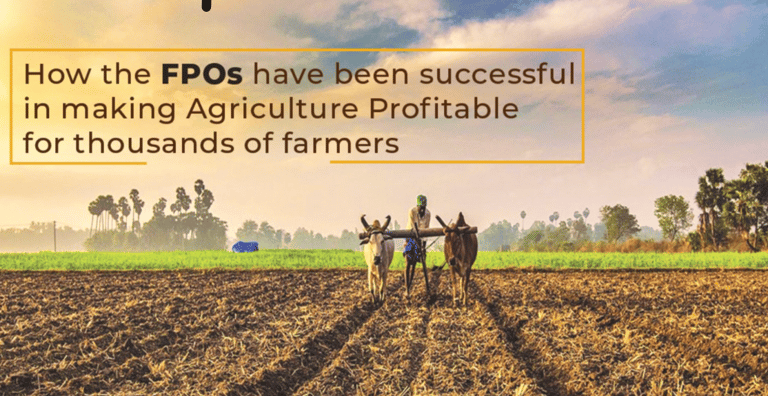

About FPOs
These are organisations incorporated/ registered either under Section 8 Companies Act or under Co-operative Societies Act of the concerned States.
Purpose - Leveraging collectives through economies of scale in production and marketing of agricultural and allied sector.
Small Farmers’ Agribusiness Consortium (SFAC), mandated by Department of Agriculture & Cooperation to support states in FPO formation.
10,000 FPO Scheme
Launched in 2020 by Ministry of Agriculture & Farmers’ Welfare with a budget of Rs 6865 crore from 2020-27.
Implementing Agencies - Small Farmers’ Agribusiness Consortium (SFAC), NABARD and National Cooperative Development Corporation (NCDC).
Targets - Supportive ecosystem for 10,000 FPOs; and provide handholding and support to new FPOs up to 5 years.
Initiatives under this Scheme :
Credit Guarantee Fund
Registration on Open Network for Digital Commerce (ONDC) portal for e-commerce market linkages
MoU to convert 10,000 FPOs into CSCs(Common Services Centres) to deliver citizen-centric services
Small, marginal and landless farmers face tremendous challenges during agriculture production phase such as for access to technology, quality seed, fertilisers and pesticides including requisite finances.
They also face tremendous challenges in marketing their produce due to lack of economic strength.
FPOs help in collectivisation of such small, marginal and landless farmers in order to give them the collective strength to deal with such issues.
Members of the FPO will manage their activities together in the organisation to get better access to technology, input, finance and market for faster enhancement of their income.
Need for FPOs
2) Anti-Obesity Campaign
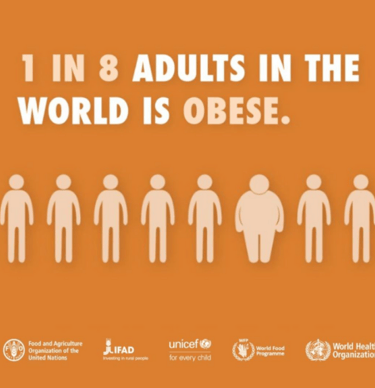

What is in the News
Obesity has become a major public health challenge in India, affecting people across all age groups and increasing the risk of non-communicable diseases (NCDs).
Recognizing the urgency of this issue, Prime Minister Narendra Modi. emphasized the need for nationwide awareness and collective action to reduce obesity, particularly through lower edible oil consumption.
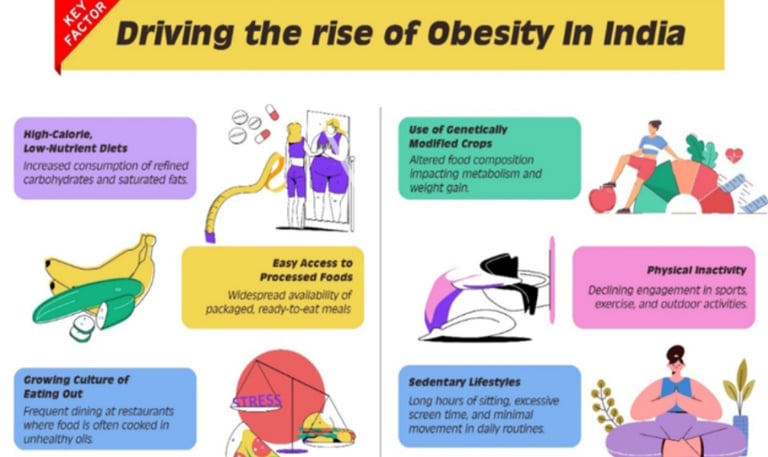

About Obesity
According to the WHO, obesity is defined as an abnormal or excessive fat accumulation that presents a risk to health.
Measured using Body Mass Index(BMI). BMI of 25 or above is considered overweight, and a BMI of 30 or above is obese.
For Indians, BMI between 23.0 and 24.9 kg/m² is ‘Overweight’, while 25 kg/m² or higher is ‘Obese’.
Causes - Bad diets, sedentary lifestyles, & environmental factors
Obesity & India
As per the National Family Health Survey (NFHS)-5 (2019-21), overall, 24% of Indian women and 23% of Indian men are overweight or obese
As per the NFHS-5, (2019-2021) in the category of ages 15-49 years, 6.4 % of women and 4.0 % of men, are obese.
There has also been an increase in the percentage of children under 5 years who are overweight (weight-for-height) from 2.1 percent in NFHS-4 (2015-16) to 3.4 percent in NFHS-5 (2019-21) at All-India level.
Govt. Initiatives to Tackle Obesity - Fit India Movement, NP-NCD, POSHAN Abhiyaan, Eat Right India, and Khelo India.
Obesity & Non-Communicable Diseases
In India, non-communicable diseases (NCDs) cause 63% of all deaths, according to WHO’s 2018 - NCD India profile.
These are largely driven by modifiable lifestyle factors, including tobacco use, unhealthy diets, physical inactivity, and alcohol consumption. Air pollution further increases the risk.
Since many of these risk factors are preventable, addressing obesity and unhealthy habits can play a crucial role in reducing the burden of NCDs.
The Govt. under the National Programme for Prevention and Control of Non-Communicable Diseases (NCDs) (NP-NCD) through the National Health Mission (NHM), aims to promote health through behaviour change by engaging communities, civil society, media, and development partners.
3) Swavlambini Scheme
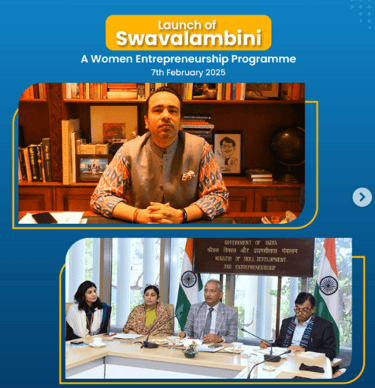

What is in the News
Ministry of Skill Development and Entrepreneurship (MSDE), in collaboration with NITI Aayog, launched Swavalambini— a Women Entrepreneurship Programme at Chaudhary Charan Singh University, Meerut.
Implemented by NIESBUD and NITI Aayog
This initiative empowers female students in Higher Education Institutions (HEIs) by providing them with entrepreneurial mindset, resources, and mentorship.
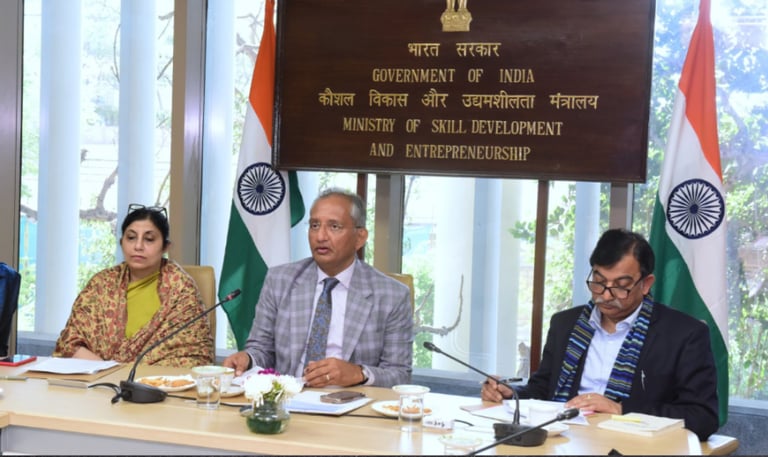

Key Features
Multistage Training - 2-day workshop for 600 students under Entrepreneurship Awareness Programme (EAP); 40-hour advanced training for 300 students under Entrepreneurship Development Programme (EDP) ; and 6 month mentorship support.
Faculty Development Programme to mentor and guide women entrepreneurs.
Awards and Rewards to top-performing entrepreneurs.
4) Dramatic Performances Act 1876
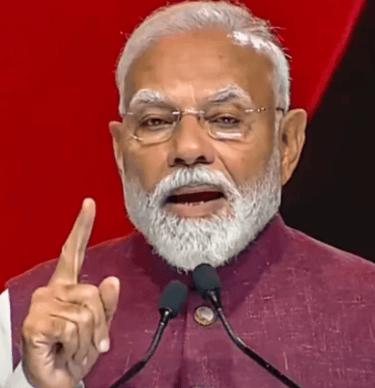

What is in the News
PM Modi recently referred to Dramatic Performance Act, 1876, a colonial era law. He argued that why a colonial law that “allowed the arrest of people dancing in public places” had continued to exist even 75 years after independence.
He was speaking of his government’s efforts to repeal archaic and obsolete laws.


About the Law
This law gave the (then British) government powers to “prohibit public dramatic performances which are scandalous, defamatory, seditious or obscene”.
Any Magistrate could warrant the search and seizure of “any house, room or place is used, or is about to be used, for any performance prohibited under this Act”.
The law prescribed a jail term of up to three months and a fine or both.
Law’s Journey in Independent India
Article 372 of the Constitution allowed pre-existing colonial laws to remain in force until repealed or challenged.
The Allahabad High Court in 1956 (State v. Baboo Lal & Ors.) struck down the law for violating Article 19(1)(a) – Freedom of Speech & Expression.
It was formally repealed by The Repealing and Amending (Second) Act, 2017 under the government’s ease of doing business drive, under which Govt. was repealing archaic laws.
5) Shendurney Wildlife Sanctuary
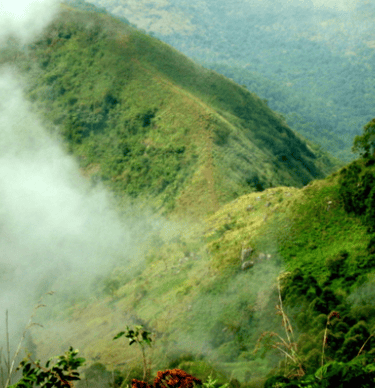

What is in the News
Researchers from University of Kerala have discovered two new species of jumping spiders from Shendurney Wildlife Sanctuary, Kerala, marking the first record of the Epidelaxia genus in India.
This discovery shatters the previous belief that these spiders are endemic to Sri Lanka.


About the Law
It is located in Kollam District of Kerala under Agasthyamalai Biosphere Reserve.
Floral Diversity - Tropical evergreen & semi-evergreen forests with 309 plant species endemic to the Western Ghats.
Faunal Diversity - Lion-tailed macaque, Indian bison, Malabar giant squirrel, Great Eared Nightjar(bird species).
Mansar & Manhar rivers flow through the sanctuary and it encompasses Thenmala Dam.


